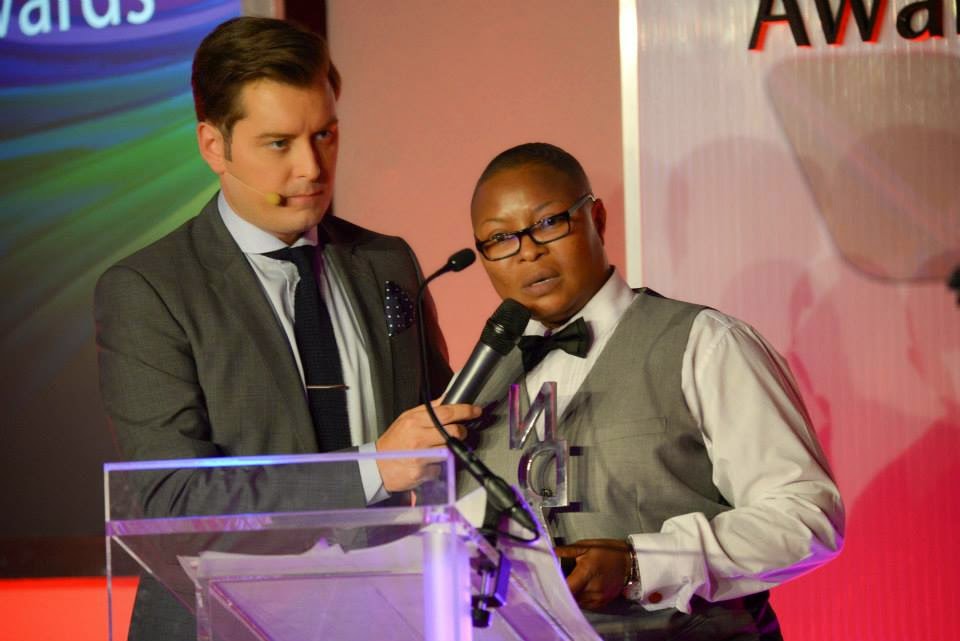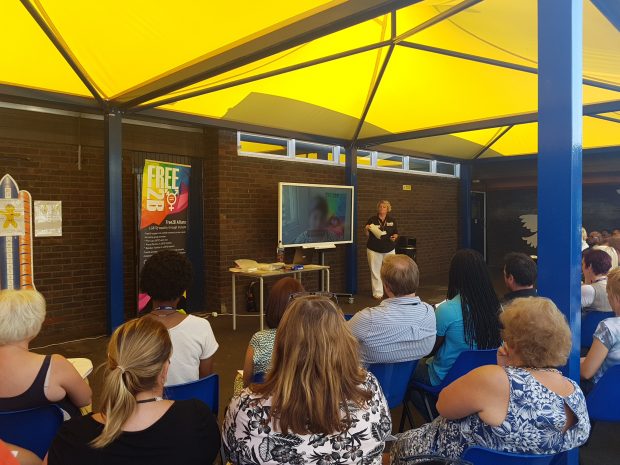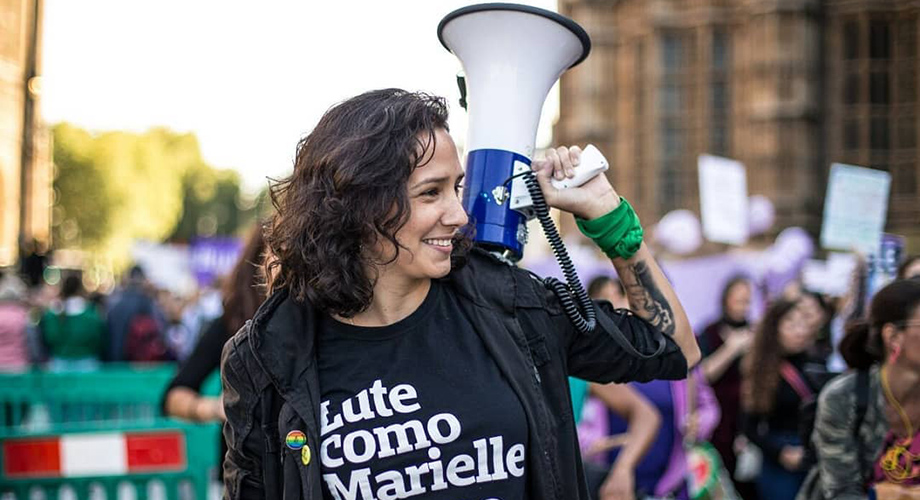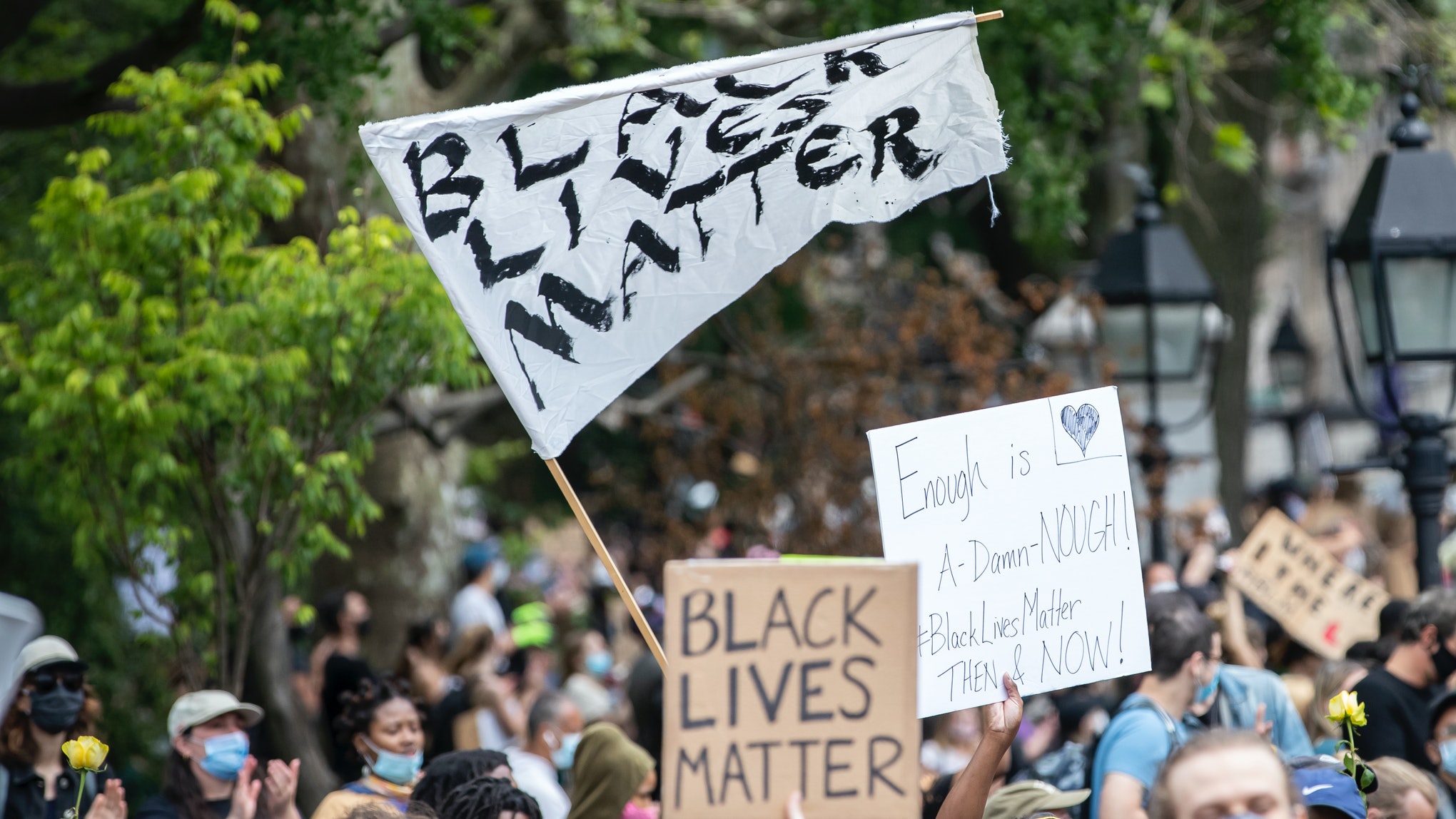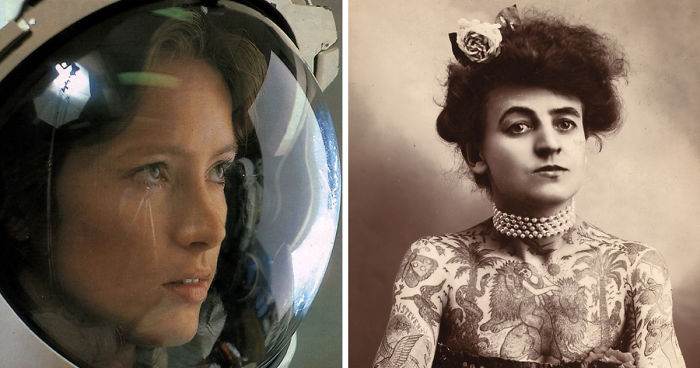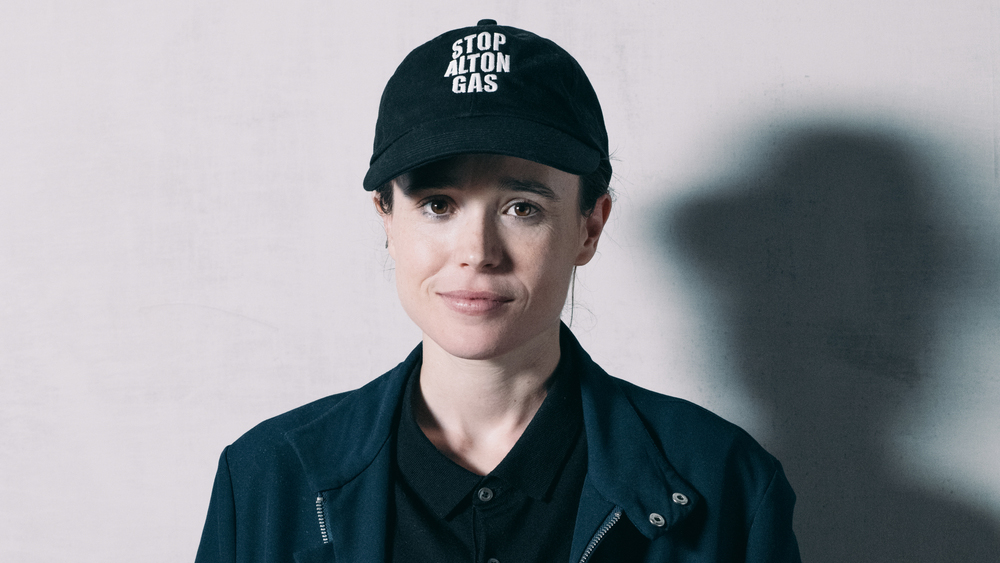Nigerian LGBTI activist, Aderonke Apata, bid for asylum was rejected by a British High Court, because the judge ruled her lesbian relationship was ‘fabricated’.
Apata says she now faces persecution, imprisonment and even death if she returns to Nigeria, where she had been an outspoken gay rights activist before moving to the UK in 2004.

Her applications for asylum have been repeatedly denied as the Home Office did not believe she was really a lesbian.
Also read: UK Home Office Claims Asylum Seeker Can’t Be A Lesbian Because She Is A Mother
Last year Apata, desperate to prove to the authorities that she is homosexual, submitted private photographs and a DVD of her sex life.
However, a Home Office barrister argued last month that Ms Apata cannot be a lesbian as she has children. He claimed that while she “indulged in same-sex activity” she was not “part of the social group known as lesbians”.
Deputy High Court Judge John Bowers QC this week said:
I find it difficult to disagree with the conclusions of the First Tier Tribunal that ‘she has engaged in same-sex relationships in detention in order to fabricate an asylum claim based on claimed lesbian sexuality. I also accept the associated submission made by [the Home Office] that she has in effect adjusted her conduct so as to adopt other customs, dress and mores of a particular social group purely as a way of gaining refugee status.”
He mentioned the “impressive” amount of support she had received, including a petition signed by several hundred thousand people, but said that did not count as evidence.
He disagreed that having children could be considered evidence against her, but did agree Ms Apata was not part of the “particular social group” of lesbians.
In court, Apata was supported by human rights campaigner Peter Tatchell. He said:
It’s bizarre that the judge does not accept that Aderonke is a member of a particular social group, namely lesbian women. I find it offensive to suggest that she’s adopted the ‘customs, dress and mores’ of lesbian women purely in order to gain refugee status, given the evidence that she’s presented in her claim.
The worst aspect of the ruling is the judge doesn’t accept that she has a well founded fear of persecution if she returns to Nigeria. It’s clear that she’s been publicly identified in the UK and in Nigeria as a lesbian or bisexual woman. Such women face the twin threats of legal persecution and mob violence in Nigeria.”
In Nigeria homosexuality is punishable by up to 14 years in prison, under laws passed in January 2014; the country has also seen a spike in violence against homosexual people.
Apata’s mental healt also formed part of the case. In 2005 she was diagnosed with post-traumatic stress and attempted suicide while she was in prison, waiting for deportation.
She has not made a public statement, but although she is frightened of the future Apata believes there may be a chance for her to stay.
Her long-term partner Happiness Agboro, to whom Apata is engaged, is also from Nigeria and has already been granted asylum because of her sexuality.
